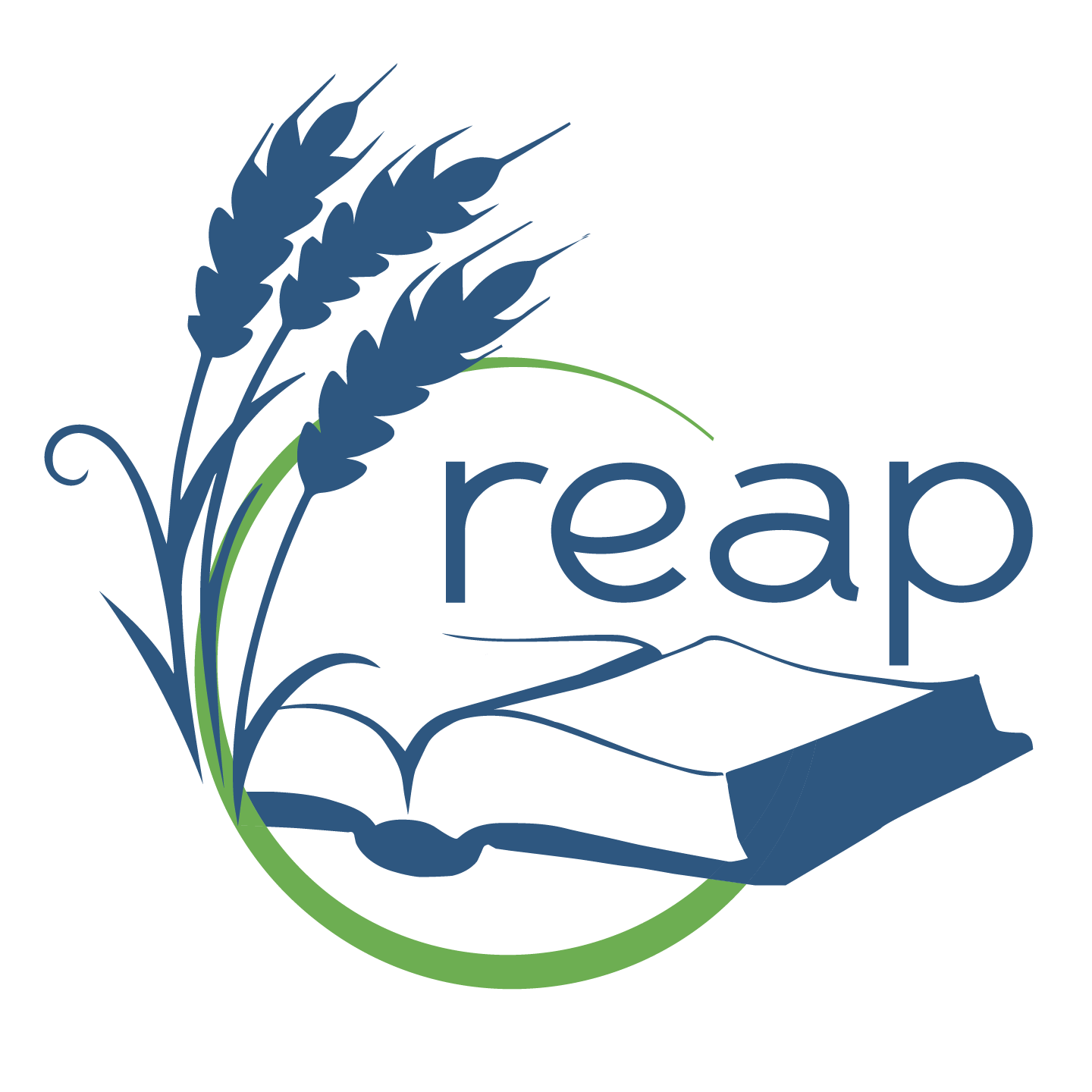 July was a challenging time for me as I took some time off from writing my weekly blog. It was a month when I spent a great deal of time alone with the Lord and in His Word. During my quiet time, I began a study of the Old Testament prophets. Every day I poured over the books of the prophets from Isaiah to Malachi. It is challenging to read about what these men of God were called to do and the persecution that they encountered by being obedient to God’s call on their lives.
July was a challenging time for me as I took some time off from writing my weekly blog. It was a month when I spent a great deal of time alone with the Lord and in His Word. During my quiet time, I began a study of the Old Testament prophets. Every day I poured over the books of the prophets from Isaiah to Malachi. It is challenging to read about what these men of God were called to do and the persecution that they encountered by being obedient to God’s call on their lives.
As I read through each of the these books, I saw several key themes repeated over and over again.
- God’s lovingkindness is everlasting.
- God is patient and long-suffering, not wanting anyone to perish.
- God constantly pursues His children and warns them repeatedly when judgement is coming.
In the writings of the prophets, I saw many parallels to what we are facing in our country today. I must admit that as I read through this portion of Scripture, I did so with fear and trembling. The realization that God is immutable and He will judge His people today if they are unfaithful captivated my thinking throughout the month.
Through all of this, God led me to do three things: reflect, remember and repent. During times of reflection, my mind went back to the day when God called me out of secular education into Christian education. Those were some interesting and challenging days.
Reflecting back on those first days in Christian education, I focused on remembering what God did in my life and how He began to guide me into what would eventually become Kingdom Education Ministries. I must admit, things were very different in Christian schools then than they are now.
There were two characteristics that were commonly found in Christian schools back then. One was an excitement to be involved in this ministry and an anticipation of what God was going to do in our lives and the lives of our students. The second characteristic I remember seeing was a spirit of total dependency on God concerning every aspect of the work we had been called into.
Some of the challenges facing us in the early days of the movement included:
- poor facilities
- lack of resources
- no technology
- teacher certification and school accreditation programs weren’t in place
- low wages
Because of these conditions, along with other equally challenging obstacles, we were required to depend daily on God’s presence, provision and power. There was an every-day awareness that if God didn’t work on our behalf, we would not only fail but, most likely, cease to exist.
One of the first books I read when I went into Christian education was Dr. Roy Zuck’s, Spiritual Power in Your Teaching. God used that book to remind me that without Him I could do absolutely nothing. I needed God’s Spirit to guide me when planning a lesson, presenting it to the students and giving the lesson its God-intended meaning.
One of the blessings of being involved in Christian education in those early years was how the entire staff started each day in a time of Bible study and prayer. Early each morning the staff gathered for devotions. This time was not one when someone merely shared a passage of Scripture and we prayed and asked God to bless our day.
These were times when we earnestly sought God’s presence. We knew that we were incapable of fulfilling His calling on our lives if His Spirit didn’t fill us afresh each and every morning. We didn’t have anything to rely on other than Him.
As I reflected on and remembered these things, God also reminded me of a warning He gave to the Israelites as they were preparing to go in and possess the Promised Land.
So it shall be, when the Lord your God brings you into the land of which He swore to your fathers, to Abraham, Isaac, and Jacob, to give you large and beautiful cities which you did not build, houses full of all good things, which you did not fill, hewn-out wells which you did not dig, vineyards and olive trees which you did not plant—when you have eaten and are full— then beware, lest you forget the Lord who brought you out of the land of Egypt, from the house of bondage. Deuteronomy 6:10-12 (NKJV)
As I meditated on these verses, I became burdened for today’s generation of Christian educators. There is no doubt in my mind that they love the Lord and believe that God has called them into Christian education. However, I am fearful that they work in modern facilities that they did not build and classrooms that are full of all good things. They have resources that are from wells they did not dig and they harvest grapes and olives off of plants that they did not plant.
With all that God has given to Christian educators today, have we forgotten Him? I don’t mean that we don’t think about God but have we lost that sense of dependency that was the driving force in Christian schools back in the early 1970s? Have we taken for granted all of the blessings that are ours today as we begin the start of a new school year? Will staffs meet with God every morning and seek Him with all their hearts and souls? Or are we dependent on our facilities, programs, technology, advanced degrees, certification, accreditation etc. to get us through each day? Will we enter each day with the realization that without abiding fully in Christ we can and will accomplish absolutely nothing?Through this season of reflecting and remembering, God has called me to repent. I have had to turn from my self-sufficiency and confess that I have not depended fully on God to lead me each and every day.
When I see all that is going on in the world today, I am burdened for God’s people to return to Him. The book of Amos had a particular impact on me as I recently studied it. In chapter 4, God rehearses the things that He did to wake up His people. He brought famine, drought, pestilence, fire and the sword to shake His people out of the spiritual lethargy. However, I found these sad words repeated again and again.
Yet you have not returned to Me,” says the Lord.
Then, in chapter 5, God makes three statements that I believe are applicable to each of us today.
Seek Me and live (verse 4)
Seek the Lord and live (verse 5)
Seek good and not evil that you may live (verse 14)
Over the past four to five months what have we have sought the most? Have we sought a cure for COVID? Have we sought how to do virtual school better? Have we sought the answer to rioting, murder and destruction? Have we sought a political answer to the chaos? How often have we sought God with all of our hearts, souls and minds?
As a new school year is fast approaching, will we seek the Lord so that we will live. I want to encourage you to take some time, get alone with God and reflect and remember. When you do, you may find that, like me, you will need to repent.
Note to Christian School Educators:
I put together a short form to help Christian educators evaluate whom or what they have sought and will seek as a new school year begins. To access this form, simply click HERE. I hope you will find this helpful.

Thank you for this re-focus.
Dr. Schultz, thank you for the reminder of Whom and What we are seeking, especially in light of these past several months. The staff and board training self-evaluation form is very helpful and show me where I have placed importance in our staff training. As we begin our staff pre-planning for school today, it is a good tool to keep us focused on seeking the Lord in all of our planning. Thanks again for all you do to support Christian schools, staff, students, and families.
Thanks Glen. Once again you’ve raised the issue of priorities. Isn’t it remarkable that we’re most apt to alter our ‘seek first the Kingdom’ priority when we’re flushed with success? And despite our prosperity, the things that truly matter start to fall apart. That about summarizes the history of the people of Israel in biblical times – a consistent cycle of crying out to God in helplessness and need, receiving His blessing, rejoicing more in the blessing than in the Giver of blessing, a decline back into helplessness and need.
Should we be surprised that the experiences of the North American Christian church and our nations follow the same pattern?